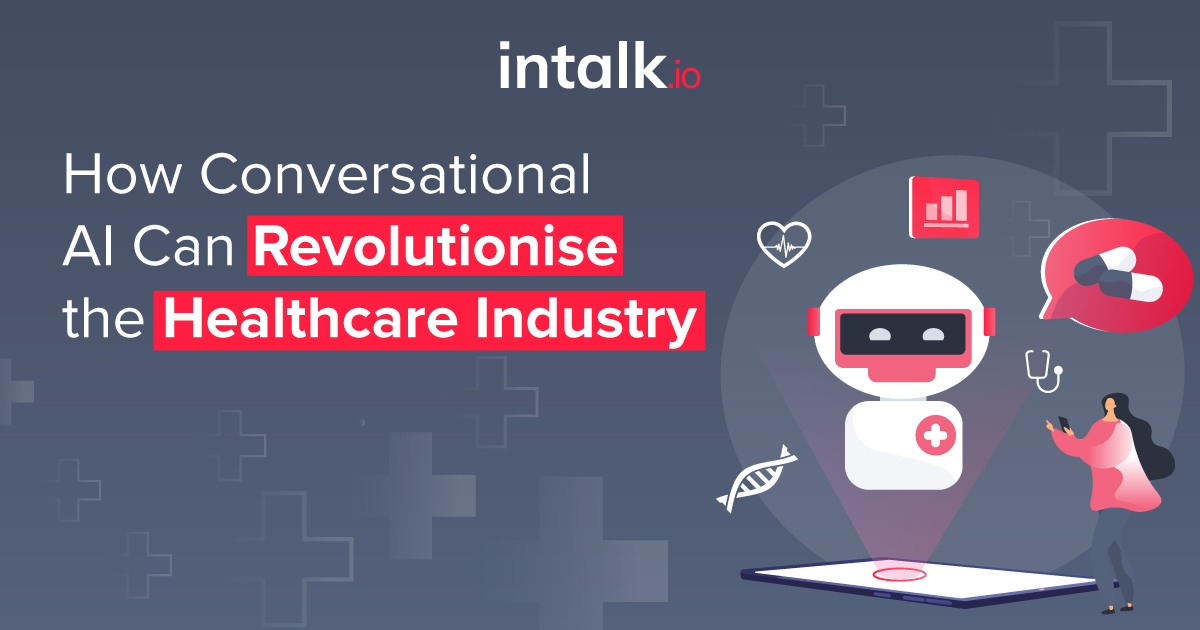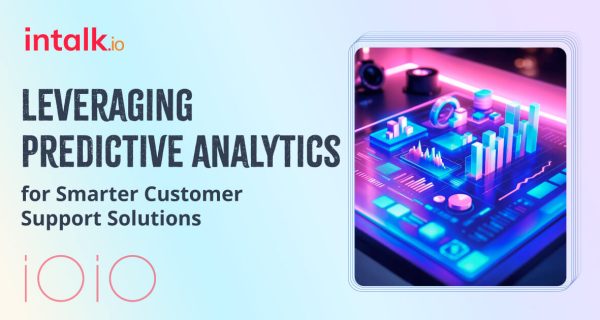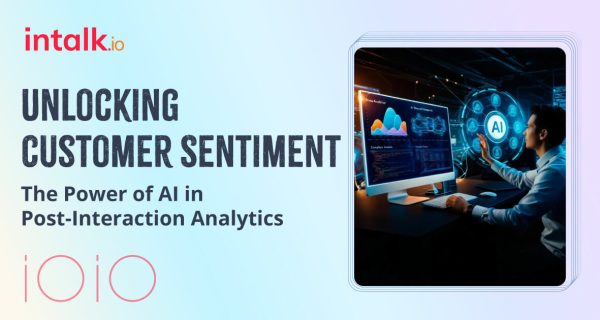As per a World Health Organization (WHO) report, the world is facing a shortage of 4.3 million doctors, nurses, and other healthcare workers. India has a shortage of 0.6 million doctors and 2 million nurses according to estimates by the WHO.
Have you ever called your doctor’s office only to find out they are closed? This happens more than you think, especially with routine calls and appointments.
Luckily, there is an emerging technology that has the power to change the way doctors, patients, and third-party support staff interact with one another by using conversational AI integrated with call centre dialer software. Conversational AI in healthcare is going to transform how people manage their health.
How does Conversational AI work?
Conversational AI is a form of artificial intelligence (AI) that uses machine learning, natural language processing and other techniques to communicate with people in a human-like manner.
Some people think that conversational AI and chatbots are the same things. They are not!
While chatbots do automate conversation and provide an instant response to a user without the need for human intervention, some chatbots do not use AI and only have scripted, predefined responses that deliver answers to specific questions via rule-based programming.
On the other hand, chatbots that utilise advanced automation and NLP can more readily interact with humans. These AI chatbots are primed to make a significant impact in the
healthcare industry when implemented correctly.
Use Cases of Conversational AI in Healthcare
Conversational AI is a new technology that can help healthcare organisations provide better care for their patients. With the right solution, providers can reduce costs and increase revenue by offering more convenient and efficient care.
Conversational AI has many different applications in the healthcare industry, including:
- FAQ Resolution: Conversational AI can help answer FAQs and provide quick solutions. This helps patients who have questions about their prescriptions, treatment costs, insurance coverage, etc.
This is also a great way to deal with customer service issues, especially since most people don’t want to wait on the phone for more than two minutes. The AI will be able to recognize the questions and provide the right answers right away.
- Appointment Scheduling: Using conversational AI to schedule an appointment has many benefits over traditional methods. First, it saves time for both patients and doctors. Patients can get an appointment faster without having to wait on hold or talk to multiple staff members.
In addition, doctors and staff don’t have to spend as much time manually scheduling appointments as they can simply send a text message or voice command through their chatbot app.
- Automation of Administrative Tasks: The administrative burden that comes with regulation has been a major barrier to innovation in healthcare. In fact, many companies have begun to shift away from human-to-human interaction in favour of automation. Conversational AI can help automate tasks that involve little or no judgement.
This includes automating insurance claims processing. The technology can also be used to automate pharmacy benefit management (PBM) services and claims processing for health plans.
- Patient engagement: Patient engagement and satisfaction with care are important goals for healthcare providers, but they are difficult to measure. Conversational AI can help by providing insight into patients’ experience with their care and how they feel about it. This information can be gathered through surveys or through direct conversations with patients.
For example, chatbots can streamline the patient intake process by collecting basic demographic information from patients and then directing them to the appropriate department for their needs.
- Post-treatment Care: Patients can use a chatbot to schedule follow-up appointments after they’ve been discharged from the hospital. This helps reduce waiting time at the hospital by making it easier for patients to schedule appointments without having to wait on hold or call customer service. It also eliminates the need for patients to call their doctor’s office, again and again, to check on their status.
Things to consider before using Conversational AI
While it’s easy enough for healthcare companies to create their own chatbots, they must also consider how they can build these tools while adhering to HIPAA compliance standards and other regulations related to patient privacy and data security. This section explores some of the top considerations that should be made before creating a healthcare conversational interface:
- Integration
Conversational AI’s backend is responsible for funnelling dialogues and capturing contextual information. It requires an articulated integration model that can empower the contextual capabilities of virtual assistants.
- Security and Compliance
Conversational AI implementation may require organisations to comply with various data regulations and data security guidelines. This includes GDPR and CCPA, which have strict requirements on how collected data is stored, accessed, shared and secured.
- Change Management
AI is a disruptive technology, and it requires transparent communication with consumers interacting with the AI chatbots and employees for swift technology adoption.
Takeaway: Conversational AI can improve the healthcare industry by automating routine tasks, improving patient satisfaction and efficiency, reducing wait times, providing personalization, and recognizing symptoms immediately
If you are a caregiver, consider how dependent you are on other people and systems to make tasks run smoothly. What if you didn’t have to worry about these things, and your AI system took care of them for you?
This can relieve you of daily stress, allow you to focus more on patient care, and give family members the luxury of knowing that their loved ones are not only receiving care from an expert but from a system that is always watching out for their well-being. It’s hard work being a caregiver at times; think of how much easier things could be when your AI helps you along the way.





